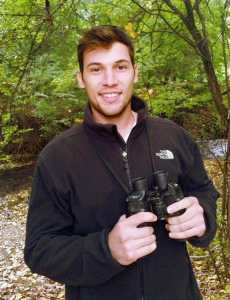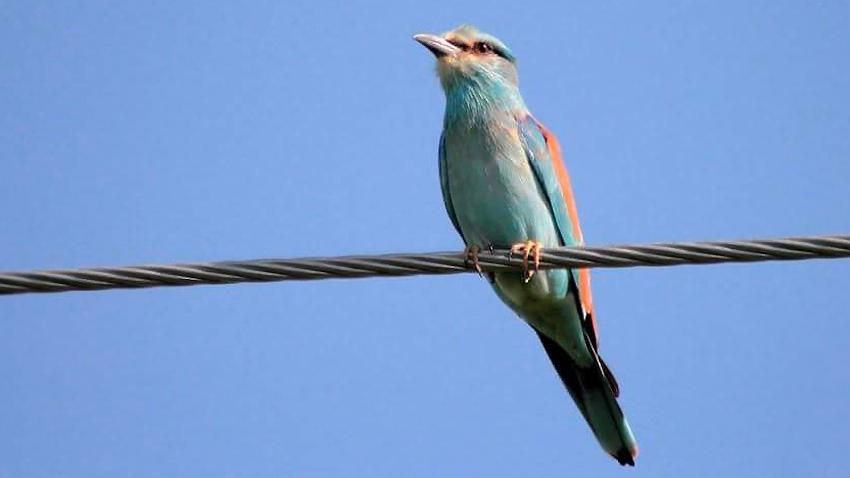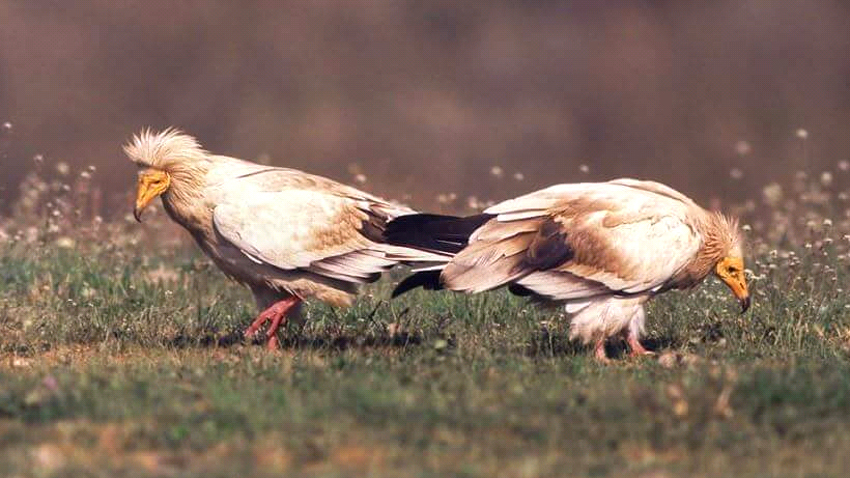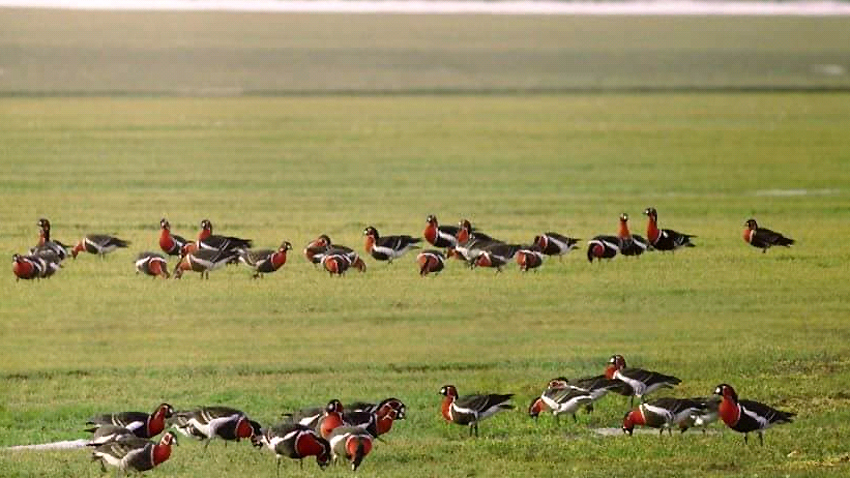Petar Dilchev is involved with what we have got used to calling wildlife tourism. The man is convinced that different rare bird, wild animal and plant species can be found in this country:
 “Bulgaria takes the first position in Europe, alongside Spain, as far as biodiversity is concerned. However, our territory is significantly smaller; one can see many interesting things within a shorter period here. Our job is related to tour organization, presenting the country in different natural spheres, or the so-called wildlife tourism, much more popular in West Europe. For instance, we organize bird watching and also the observation of plants. Foreigners are also quite attracted by Bulgarian traditions and culture – historical landmarks, 8-millenia-old Thracian findings, our folklore etc. Bulgaria is en route of two bird migration flows and attracts fans from all over the world.
“Bulgaria takes the first position in Europe, alongside Spain, as far as biodiversity is concerned. However, our territory is significantly smaller; one can see many interesting things within a shorter period here. Our job is related to tour organization, presenting the country in different natural spheres, or the so-called wildlife tourism, much more popular in West Europe. For instance, we organize bird watching and also the observation of plants. Foreigners are also quite attracted by Bulgarian traditions and culture – historical landmarks, 8-millenia-old Thracian findings, our folklore etc. Bulgaria is en route of two bird migration flows and attracts fans from all over the world.  My father Nikolay Dilchev was the Bulgarian pioneer in this area – birdwatching amidst the natural environment. He was a biologist and so is my mom. I’ve been helping them both since my early childhood. After graduating ethnology and international relations I took other jobs, but with the idea to gain more experience and knowledge, in order to continue one day.”
My father Nikolay Dilchev was the Bulgarian pioneer in this area – birdwatching amidst the natural environment. He was a biologist and so is my mom. I’ve been helping them both since my early childhood. After graduating ethnology and international relations I took other jobs, but with the idea to gain more experience and knowledge, in order to continue one day.”
Petar Dilchev also says that rare bird species can be observed in Bulgaria across the entire year. The British are the most interested ones, regarding these activities, followed by many guests from Belgium, Germany, Switzerland, Holland – this kind of tourism is popular in these countries.

We’ve also had tourists from Japan, South Africa, New Zealand, Australia etc. Petar says and adds:
“They are mostly impressed by our beautiful nature, but also by the hospitality of the people. We discuss in advance what kind of birds they want to see. We all know that the East Rhodope Mountain is the best place for watching raptors and birds of prey. Springtime is the most suitable period when we literally tour around the whole country – the Rhodope, North Bulgaria and the Black Sea coastline. One should definitely see the Srebarna Natural Reserve – the only place in Bulgaria where Dalmatian Pelican nests /alongside only three other spots in Europe/. In the autumn birds migrate along the so-called Via Pontica and we watch them from Kavarna to Burgas, the Atanasovsko Lake and further to the South. There might not be so many bird species involved, but their quantity is huge and worth watching. The Red-breasted goose is an endangered species, nesting in Bulgaria, sometimes up to 90 percent of its global population. The tours are headed by special tour guides, selected according to their sphere of specialization – professors, university lecturers, scientists from the Bulgarian Academy of Sciences. I think that if the state pays more attention to that type of business it will develop. For the moment everyone sees the country as a skiing destination with cheap seaside tourism opportunities. Usually those, interested in natural tourism are intelligent people and interesting as persons. They know about environmental protection, wildlife preservation etc. No matter their country of origin, they come as friends of Bulgaria,” Petar Dilchev says in conclusion.

English version: Zhivko Stanchev
The village of Momchilovtsi, the Rhodopes, Pamporovo and the Smolyan region were present with a pavilion at a tourism exhibition this autumn in Ningbo, China. Speaking to BTA, Momchil Karaivanov, a representative of the Bulgarian-Chinese Society..
Cultural tourism accounts for nearly 20 % of the country’s tourism product, according to data from a survey by the Ministry of Tourism. While Bulgaria's image was previously associated mainly with maritime tourism, which made up 70% of the tourism..
For the second year, a series of bilateral business meetings in a “roadshow” took place in Germany, 11-14 November, between German and Bulgarian representatives of the tourist industry for promoting Bulgaria, the Bulgarian embassy in Berlin has..
The amount of snow that has fallen in the Rhodopes this December is a record for the past 10 years. Speaking for public service broadcaster BNT,..

+359 2 9336 661
